

Founded in 1997, the Urban Catholic Teacher Corps (UCTC) actively engages in the ministry of teaching in the schools of the Archdiocese of Boston. UCTC provides an academically rigorous and experientially rich urban Catholic teacher preparation based on the 500-year-old Jesuit tradition of formative education.
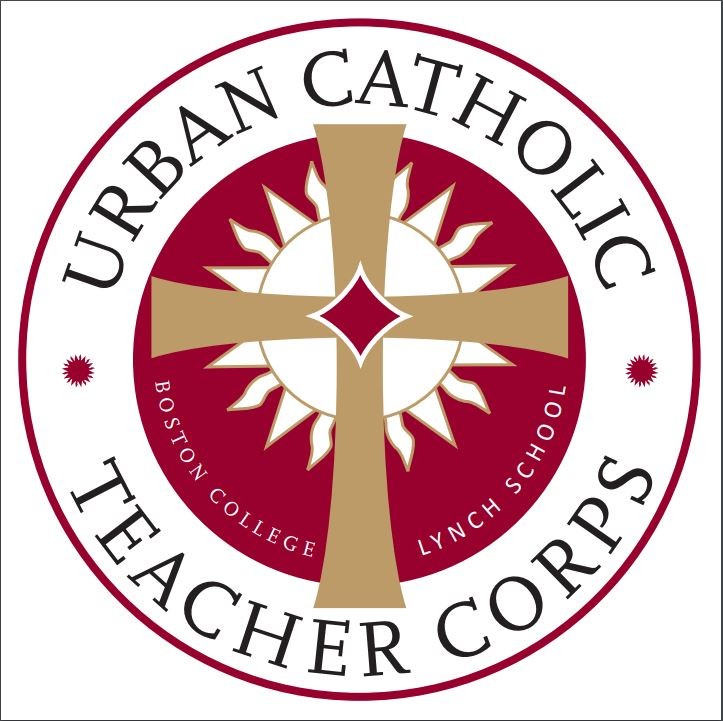
Receive teaching support from an assigned mentor, supervisor, and instructional coach.
Live with fellow UCTC participants in a faith-based community, where faith is embraced, individuals are supported, and diverse experiences are valued. Build a strong support system and share in the journey with like-minded individuals that UCTC covers.
UCTC offers participants the opportunity for weekly faith sharing, three retreats a year, spiritual direction, and pilgrimages.
Receive a $600 non-service stipend payment each month over the two years of your participation in the program. In addition, UCTC covers all rent and utilities in the required UCTC community housing.
UCTC covers the cost of the 30 credit hours for the Master's Degree in Curriculum & Instruction in the Lynch School of Education and Human Development at Boston College.
Gain continuous support and growth as an exceptional urban Catholic school educator through coursework, teaching placements in Boston Catholic Schools, workshops, reflections, and more.

UCTC provides exclusive educational opportunities for early career professionals exploring a vocation in Catholic education, collaborating with mission-centered Catholic schools in the Archdiocese of Boston. We provide opportunities for individuals with and without teaching experience.
Embark on a transformative journey by earning a master's degree in Curriculum & Instruction while actively teaching in partner Catholic schools for two years. This immersive experience aims to recruit and retain diverse educators, introducing them to the fulfilling work in Catholic school settings.
Students who have completed a year in the Urban Catholic Teacher Corps are able to apply for dual degree programs throughout their educational journey. Students may choose to complete a third year of their program while pursuing a dual degree in the following areas:
The UCTC Curriculum & Instruction M.Ed. is a 10-course, 30-credit program of study. Approximately half of the courses are taken as a UCTC cohort. Each student's program of study will be determined upon admission to the program. Requirements vary based on education and work background.
Students must complete the following courses for this degree.
| Course | Course Title | Credit |
|---|---|---|
| EDUC7421 | Theories of Instruction | 3 |
| EDUC7436 | Curriculum Theories and Practice | 3 |
| EDUC6373 | Classroom Management | 3 |
| EDUC7435 | Social Context of Education | 3 |
| Course | Course Title | Credit |
|---|---|---|
| EDUC7156 | Models of Teaching and Learning in Catholic Education | 3 |
| EDUC7505 | Transforming the Field of Catholic Education | 3 |
| Course | Course Title | Credit |
|---|---|---|
| EDUC6635 | Education of Christians: Past, Present, and Future | 3 |
| EDUC7734 | Spiritual Sources of Catholic Education and Catechesis | 3 |
| Course | Course Title | Credit |
|---|---|---|
| EDUC7131 | Social Justice in Jesuit Contexts | 3 |
| EDUC7158 | Jesuit Pedagogy | 3 |
Sheltered English Immersion (SEI) Endorsement: Students who do not hold an initial teaching license are encouraged to complete the SEI courses
If SEI Endorsement is not needed, students can select elective courses within Boston College for the M.Ed. in Curriculum & Instruction.
| Course | Course Title | Credit |
|---|---|---|
| EDUC8100 | Master's Comprehensive Exam | 0 |
| EDUC7901 | Urban Catholic Teaching Corp | 0 |
| UCTC Required School Placement |
For more information about the Comprehensive Exam for the M.Ed. in Curriculum & Instruction, please review the document below.
All UCTC members receive both academic and professional licensure advising with specific UCTC advisers.
Offered to all Boston College graduate students.
All UCTC participants will complete the requirements of the BC TELL certificate, which is needed for licensure if you are coming from outside Massachusetts.
All UCTC participants complete the Catechetical Educators Certification offered through the Archdiocese of Boston and Boston College’s School of Theology and Ministry Crossroads program. Please note that completion of the certificate requires approximately one online four-week course per semester.
For individuals who do not complete their MTEL or file for Massachusetts Initial Licensure as part of their undergraduate program of study, UCTC will pay these fees. However, the required exams and filing must take place in your first summer in UCTC.
Two dual degree program options will be available to UCTC students:
1) Curriculum & Instruction, M.Ed./ Educational Leadership & Policy, M.Ed.; OR
2) Curriculum and Instruction, M.Ed. / Theology and Ministry, M.A.
To review the course offered, please see the program of studies below:
32
UCTC members
17
Schools served
2,149
Students served
3
Community houses
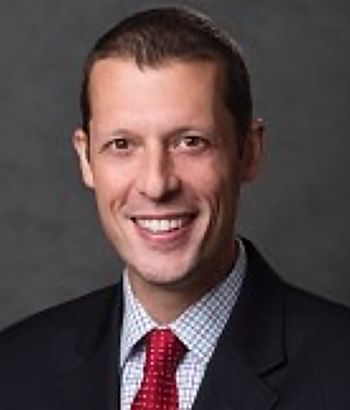
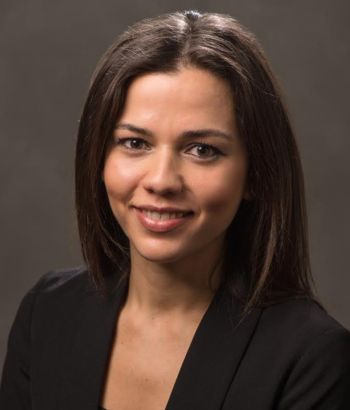
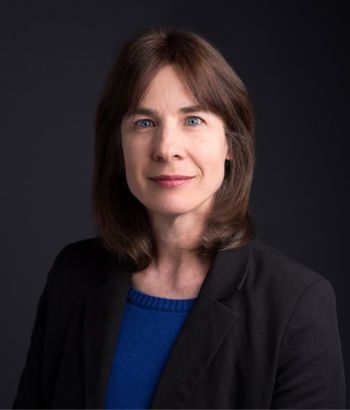
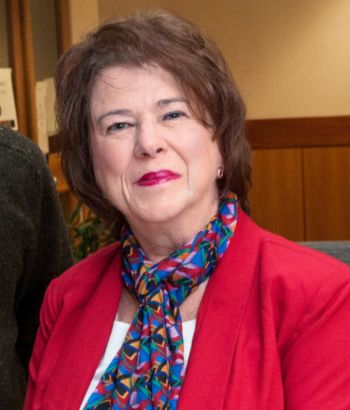
“ It took less than two years for Boston to become my home and the UCTC community to become my family. Although UCTC is technically only a two-year program, its positive impact will forever remain with me. Living in a faith-based intentional community provided support and love to cope with the balancing act of grad school and the first two years of teaching. ”
All applications are due January 4
Every UCTC candidate who completes an application will be offered an interview, which will be scheduled after you have successfully applied to and have been accepted by the Lynch School of Education and Human Development.
Three letters of recommendation are required, with one coming from each of the following:
Candidates of UCTC will be notified of their application status on approximately March 17.
Admission to the Lynch School of Education and Human Development (Curriculum & Instruction)
Before being admitted to UCTC, candidates must first be accepted to the master of education program in Curriculum & Instruction at Boston College’s Lynch School of Education and Human Development. UCTC will review candidates prior to notification of acceptance to the Lynch School; however, final decisions cannot be made regarding any candidates for UCTC until the Lynch School has made all admissions decisions.
Vocation to teach in Catholic schools
Successful candidates to UCTC have discerned a desire to teach in Catholic schools serving urban students and see teaching in this setting as a life calling.
Desire to live in an intentional faith-based community and to grow in one’s own faith
Community living is a required component of program participation. UCTC members live, learn, and actively support each other throughout the two-year commitment. All participants must have a desire and be willing to commit themselves to focusing on their own continued faith formation.
Commitment to discerning a career in Catholic education and/or previous supervised teaching experience
UCTC offers a unique educational opportunity for individuals with and without previous background in education. Members typically have some experience in education or Catholic theology and/or completed a semester of full-time student teaching or a year of supervised teaching, but it is not required to be qualified for the UCTC program. A practicum in a Catholic school is required to make UCTC members eligible for initial licensure in the Commonwealth of Massachusetts (For more information on eligibility for initial state licensure, visit the Commonwealth of Mass. Department of Education Licensure page)
Eligibility for Massachusetts initial licensure
For more information on eligibility for initial licensure in MA, visit the Commonwealth of Mass. Department of Education Licensure webpage.
Though not required of any applicant, a visit to Boston College, the UCTC schools, and the UCTC residence gives potential applicants the greatest sense of what their life will be like as a UCTC volunteer.
For information on the Urban Catholic Teacher Corps Doctoral Fellowship, please contact Dr. Charlie Cownie.
For those placed in Boston/Brockton or Lawrence the program begins in June and participants will complete their Master’s degree by the end of June two years later.
Applicants must apply for, and be accepted to, the M.Ed. in Curriculum & Instruction; please note UCTC as your Special Program.
If you are admitted to the Lynch School and the UCTC program, UCTC covers tuition for your Master's degree (UCTC members are responsible for all University fees, including the confirmation deposit).
YES, you can apply if you do not have an undergraduate degree or concentration/minor in education as long as you have a clear discernment for serving in the Catholic community.
In previous years, Corps members usually had a bachelor’s degree with either a major, minor, or concentration in education and/or completed a semester of full-time student teaching or a year of supervised teaching. These requirements made members eligible for initial licensure in the Commonwealth of Massachusetts (For more information on eligibility for initial state licensure, visit the Commonwealth of Mass. Department of Education Licensure page). As of Fall 2023, UCTC now offers tracks for individuals with and without previous background in education. Please note that your previous educational experience will determine the program of study a student will follow in the UCTC program.
UCTC participants teach in schools throughout the Archdiocese of Boston. UCTC teachers work in Pre-K through 12th grade. Upon offer of admission, candidates will be notified of school placement, though not of grade level teaching.
Participants live in the UCTC community residence with the other program members. Living in intentional community means pooling your resources to purchase food and other necessities. UCTC provides internet through BC-secured WiFi. Dinner is eaten together as a community on Monday through Thursday nights and the community gathers weekly for faith sharing. The community makes a commitment to spend some free time together.
You will receive a modest living stipend from the program. Your tuition, rent, and utilities will be paid. You will be responsible for personal expenses, including food, personal travel, text books, and car expenses.
Federal loans (Stafford and Perkins) may be deferred because you are a graduate student. Any private loans you have may or may not be eligible for deferment. In order to confirm the eligibility of your loans for deferral, please contact your lender. You may also qualify for partial cancellation of Perkins loans depending on where and what you teach.
A car may make the commute to a placement easier; however, the UCTC house is located within a mile of the T, the commuter rail, and a number of bus stops.
Please contact UCTC at 617-552-0602 or uctc@bc.edu.